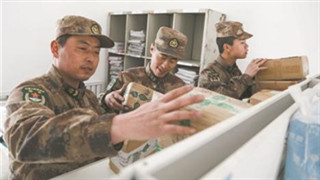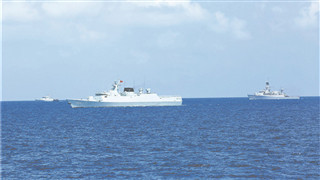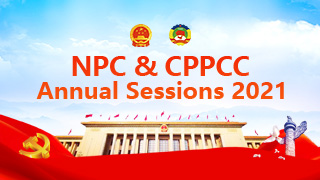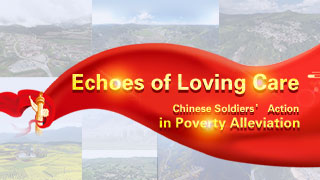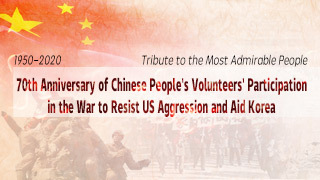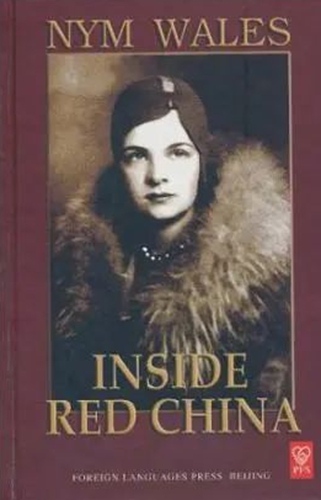
After Edgar Snow's stories on Red China caused a great sensation, his wife, Helen Foster, realized that Snow's journey had become part of the history of China. With all the interviews and other accounts Snow brought back about Mao Zedong, Zhou Enlai, Peng Dehuai and others, she decided that she would continue with Snow's unfinished trip to Yan'an to get more first-hand information about the CPC leaders and the Red Army.
In May 1937, Helen finally made her way to Yan'an, where she had many in-depth conversations with Mao Zedong about the Chinese revolution. One day, Mao Zedong handed her a copy of the CPC's Ten-Point Program for Resisting Japanese Aggression and Saving the Nation. With his eyes lit up, he talked about how, working with the Nanking government, these ten points could be achieved and the Japanese imperialism would be defeated; and how it may be the end of China if otherwise. In Helen's eyes, Mao Zedong was like a god on the Olympus in the small yet bustling town of Yan'an. "Big" was the word she used to describe this leader of the revolutionary base. He would provide the contour of a policy or theory and leave the details to others to execute. As an individual, he was least insignificant, selfish, mediocre or revengeful. He was a product of the Chinese revolution. At the same time, Helen also saw the other side of Mao Zedong. He was an ordinary but larger than life person, the epitome of China, and the representation of the peasants who accounted for 80 percent of the population in his country.



